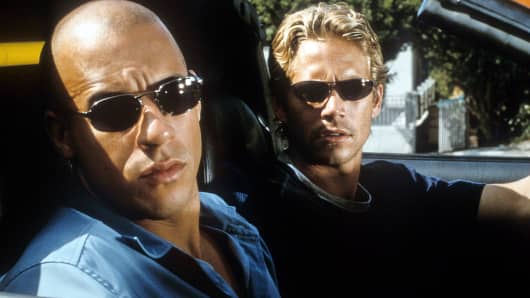In the markets, you never get hit by the bus you can see. There is always a miscalculation or unintended consequence that challenges the status quo. So as the Federal Reserve contemplates its exit from economic stimulus, investors should ask: What is the bus that the Fed cannot see?
Your answer to this question will impact how you invest — virtually all bull markets have ended as a result of Fed actions. If the economy improves faster than the Fed expects, then a fast and furious rate-hiking cycle may be in the cards, which would likely result in a stock-market selloff.
Read MoreDon't worry about the first rate hike: Insana
Alternatively, if the economy sputters then the Fed will likely go low and slow — but the market may be spooked by the low-growth environment. The best-case scenario is the one we find ourselves in currently: low growth, low inflation and low interest rates.
If the gas pedal is broken, why assume the brakes work?
One of the curious and confounding aspects of this recovery is the Federal Reserve's inability to achieve escape velocity despite fully depressing the monetary policy gas pedal. One way to measure the impact the Fed's gas pedal is having on the economic engine is to look at the money multiplier. This indicator is the ratio of the monetary base to M1 and is typically only viewed by econ-nerds. Investors need to know that when this ratio is below 1 it means that for every dollar the Fed pumps into the economy less than $1 is created — this is the situation we find ourselves in since the financial crisis.
The takeaway is that even as the Fed has pressed harder on the gas pedal, the economy has not accelerated. For a myriad of reasons, the financial crisis has rendered the Fed's gas pedal less effective.
So what does all this wonky talk have to do with buses that the Fed can't see? Well, I am glad you asked. The economic basis for quantitative easing was that for every dollar the Fed pumped into the economy MORE than $1 would be created — this has clearly been rendered false. Now the Fed is approaching the exit plan and at some point in the next year it is expected to start applying the brakes. Given the fact that the Federal Reserve could not predict its gas pedal was broken, what gives it confidence that the brakes will work?
Read MoreIs that trader flashing a sell sign?
Janet Yellen has a yeoman's task ahead of her: If she decides to tap the brakes too soon, the economy may go through the windshield. Alternatively, if she waits too long, she may find out that that the economic brakes don't work.
Goldilocks rules
Of course, all these concerns have been voiced since the commencement of unusual monetary policy — and nothing has come of it. A broken gas pedal has created a Goldilocks environment that has fueled triple-digit gains in the U.S. stock market.
Given the Federal Reserve's faith in its inflation-fighting ability and Janet Yellen's assertion that she still sees slack in the economy, it is unlikely that the Fed will act too soon. The implication of not acting too soon is that the Fed has chosen the path of a late liftoff with a more aggressive slope to the interest-rate increases. In other words, the Fed has faith in the brakes and plans to press on them like a pilot making a landing when the time is right.
Read MoreStop panicking about the 'death cross': Polcari
After observing and participating in the financial markets for the last 20 years, it is difficult to comprehend a market which has been lulled asleep by low volatility will respond well to a fast and furious Fed.
Brian Kelly is founder and managing member of Brian Kelly Capital LLC, a global macro investment firm catering to high net worth individuals, family offices and institutions. He is also the creator of the BKCM Indexes, benchmarks for multi-asset money managers. He's also the author of the upcoming book, "The Bitcoin Big Bang: How Alternative Currencies Are About to Change the World." Kelly, a CNBC contributor, often appears on "Fast Money." Follow him on Twitter @BrianKellyBK.



